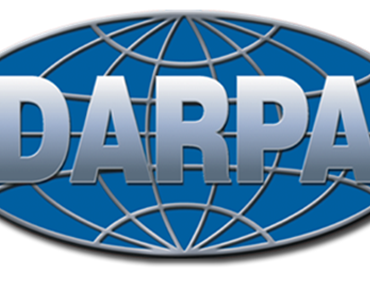DARPA Seeks to Boost HPC Programming

As Moore’s Law runs out of steam, new programming approaches are being pursued with the goal of greater hardware performance with less coding.
The Defense Advanced Projects Research Agency is launching a new programming effort aimed at leveraging the benefits of massive distributed parallelism with less sweat. PAPPA, for Performant Automation of Parallel Program Assembly, seeks to develop new programming approaches that would allow researchers and application developers to compile high-performance programs for use on parallel and “heterogeneous” hardware.
Program officials said this week PAPPA would explore “tradeoffs between programming productivity, solution generality and scalability to enable scientists and domain experts with no understanding of parallel programming and hardware architectures to create highly efficient performance portable programs.”
One aspirational goal would be new compiler technology providing up to a 10,000-fold improvement in programming productivity for massively parallel systems.
Read the full story here at sister website HPCwire.
Related
George Leopold has written about science and technology for more than 30 years, focusing on electronics and aerospace technology. He previously served as executive editor of Electronic Engineering Times. Leopold is the author of "Calculated Risk: The Supersonic Life and Times of Gus Grissom" (Purdue University Press, 2016).











